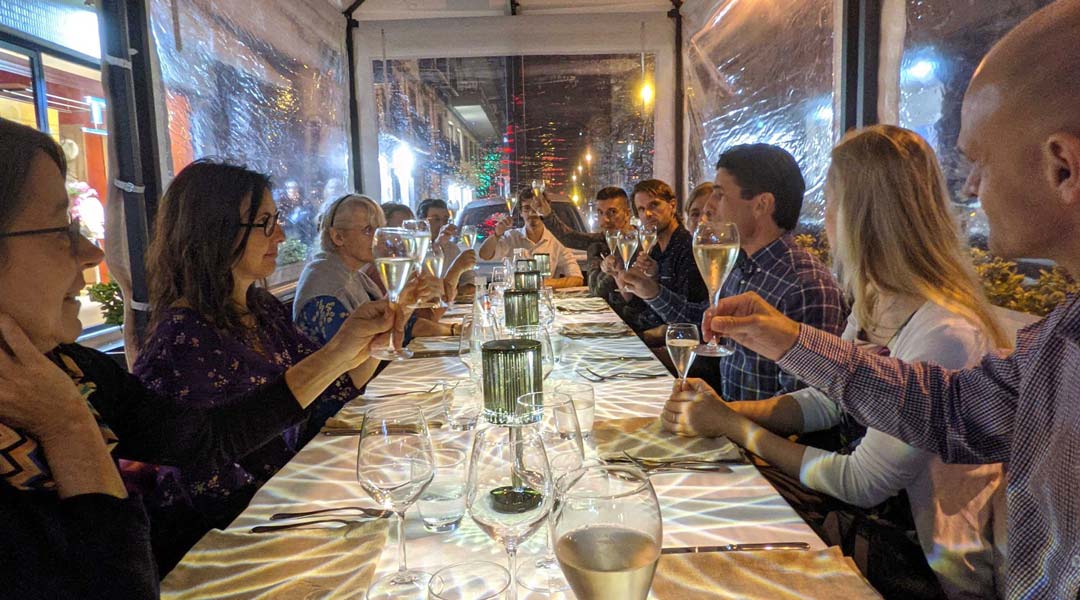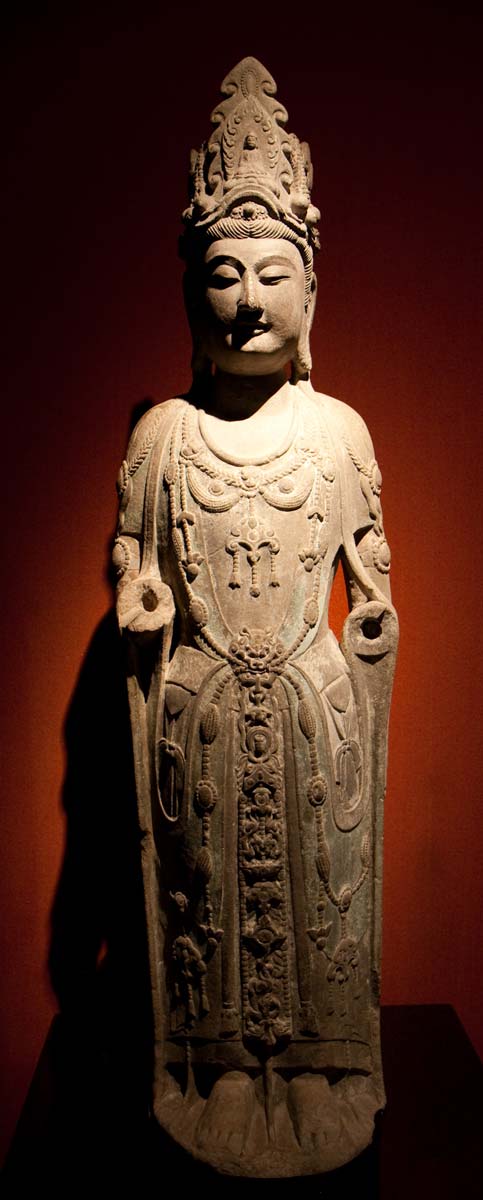This teaching cannot take root in a classroom any more than farming can be mastered without stepping into a field. Its practice brings realizations that become part of our understanding. And when several practitioners work together, their pooled experiences and observations open a dimension absent for those who work alone. The whole becomes greater than the sum of its parts.
Once, in Shanghai, I was hosted by someone I had known from the very beginning of my involvement in this work. Our reunion was joyful. We recalled those early days of groping in the dark, arguing and debating, trying to bring order to the many ideas thrown at us, and grappling with their practical application. We looked at ourselves back then and laughed, the way one does after time has reduced what was once huge and daunting to something small and quite manageable. However, after a few glasses of wine, my host’s tone of voice changed. She began criticizing the circle of practitioners who happened to be living at that time with her in Shanghai.
“They are not serious about this work,” she complained. “For them, it is a social club. They are lazy, self-centered, and uncommunicative. Try to arrange any activity, no one responds, no one shows up.”
I was taken aback. Such blunt criticism was surprising as well as problematic. Disagreements and differences of opinion between practitioners were certainly common, but they were better expressed with more caution and discretion; caution, to allow for the possibility that one’s observations might be subjective, and discretion, to allow for those criticized to see their faults and potentially change. But there was more to my host’s comments here than a disregard of etiquette. Ten years earlier, I had heard my host making the exact same complaints but directed at an entirely different group of people. They, too, were not serious, inconsistent, and lacking commitment. Back then, being young and new to this work, I had naively taken her complaints at face value. I had believed her to have higher standards than the rest of us, standards we were not living up to. Yet here she was a decade later and in a place thousands of miles away, caught up in the exact same circumstances.
“You think I am just complaining,” she said, noticing my surprised reaction. “But how can you excuse their lack of seriousness and poor participation?”
Avaloktesvara Bodhisattva | Sui Dynasty, 581 CE-618 CE
I thought of the reason my wife and I had come to visit Shanghai. Buddhist art had reached exceptional heights in Imperial China. Some of the sculptures of Bodhisattvas from the Qi and Sui dynasties we had seen during our visit had looked so alive they seemed to breathe as we stood before them. Buddhism, imported from India, had in many respects surpassed its country of origin. The Chinese artists had developed ways of chiseling coarse, hard rock into a light and living apparition.
“I was thinking that the Bodhisattvas we have seen here in Shanghai were not born wise,” I finally responded.
“What do you mean?”
I recounted the story of the founder of Buddhism, Prince Siddhartha, who had been enclosed from birth by his father in a palace of luxury and learning in the hope that he would never encounter suffering and never be drawn to question life’s meaning.
“Picture the complexity of Siddhartha’s situation,” I said. “For the first thirty years of his life, he grows up in an enclosed and artificial environment. Effectively, he is imprisoned unawares. His perception of everything is unique to himself. The buildings he walks through each day, the interactions with his courtiers, the books he reads—all are mis-representations of reality. How can he ever come to see the truth—unless it were pointed out to him?”
The legend makes Siddhartha seem an unfortunate victim of a dominant parent. But anyone who genuinely undertakes inner farming soon discovers the universality of this analogy. We see the world, not as it is, but as we are. And since we take ourselves wherever we go, our warped interpretation of the world goes with us.
“Might this not be why you find yourself caught up in the same situation you found yourself in ten years ago?” I asked.
Escaping from any prison is a complex and risky endeavor. But until we bruise our heads against the bars and realize we are imprisoned, it is not even an option. Therefore, critique between practitioners in this work cannot be avoided. The pain our criticism might cause our friends is that very bruise that opens new possibilities for them. I urged my host to take my words in her stride. I was merely a passing traveler grateful for her hospitality. Besides (I joked), was I not returning a favor she had given me many times over back in those formative days, when she had been as firm with me as with everyone else?


